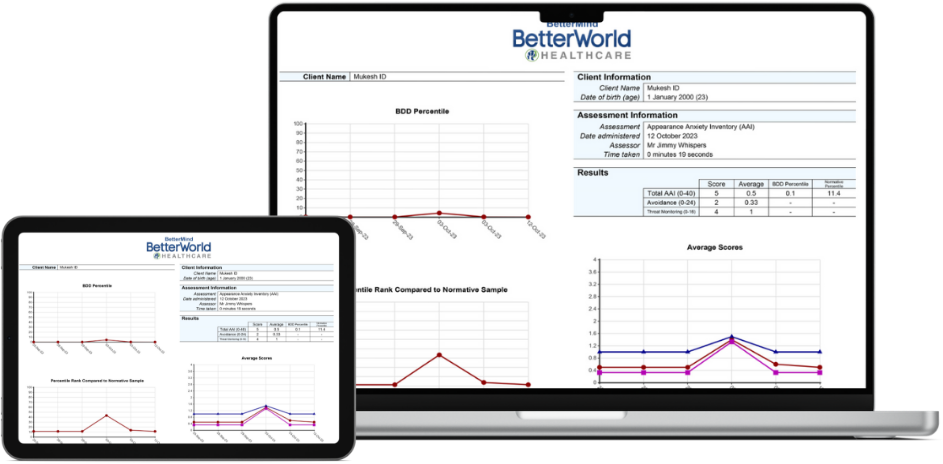Flourishing Scale (FS)
Assessments
Description
The Flourishing Scale is a brief 8-item summary measure of the respondent’s self-perceived success in important areas such as relationships, self-esteem, purpose, and optimism. The scale provides a single psychological well-being score and can be used to provide useful feedback for how to improve one’s life and provides useful stimulus for self-reflection. The Flourishing Scale is best used with individuals without clinic disorders, but rather with individuals seeking to enhance an already relatively adaptive lifestyle.
Validity
The scale was evaluated in a sample of 689 college students from six locations (in the USA and Singapore) and found to accurately measure subjective wellbeing. A number of well-being measures were administered in order to determine the convergence of the new scales with established measures, including the Satisfaction with Life Scale (Diener et al., 1985), Lyubomirsky and Lepper’s (1999) 4-item scale of happiness, and Watson et al.’s (1988) Positive and Negative Affect Schedule (PANAS). See reference for convergence correlations. Additionally, a principal axis factor analysis of the Flourishing Scale revealed one strong factor with an eigenvalue of 4.24, accounting for 53 percent of the variance in the items, and no other eigenvalue above 1.0. The factor loadings ranged from .61 to .77. The test has a Cronbach’s alpha of .87 and a temporal stability over one month of .71.
Interpretation
Results consist of a single psychological well-being score, and a percentile derived from a student sample. The possible range of scores is from 8 to 56, where higher scores represented a higher level of reported psychological well-being, resources and strengths. Among the sample of college students used to derive percentiles, the mean score was 44.97 (SD = 6.56). The scores can be used to provide useful feedback for how to improve one’s life and provides stimulus for self-reflection.
Developer
Diener, E., Wirtz, D., Tov, W., Kim-Prieto, C., Choi. D., Oishi, S., & Biswas-Diener, R. (2009). New measures of well-being: Flourishing and positive and negative feelings. Social Indicators Research, 39, 247-266 Please visit: http://internal.psychology.illinois.edu/~ediener/FS.html
Try it and see how BetterMind can enhance your practice

Support
Frequently Asked Questions
You’ve got questions, we’ve got answers. Below you can find answers to some of the most frequently asked questions. If you can’t find the answer you’re looking for, please feel free to reach out to us at info@betterworldhealthcare.com.
I can’t open test results within the Web Browser
Assessment result PDFs are opened in a new tab within the web browser. If you click the results but they do not open, your browser will be blocking the popup. To resolve this, after you have pressed the test result, look out for an alert at the top of your browser notifying you that a pop-up has been blocked, then click "Allow".
I have forgotten my password. How can I reset it?
If you have forgotten your password please press “forgot password” within the app, or on the Web Browser App login page (https://app.bettermind-app.com/login). You will receive a new temporary password via email.
Can a Practitioner access BetterMind from their Smartphone?
No, A Client /Patient can answer assessment questions on a smartphone but the Practitioners/ Users can't administer BetterMind using a Smartphone. A computer, laptop or tablet will have to be used.


